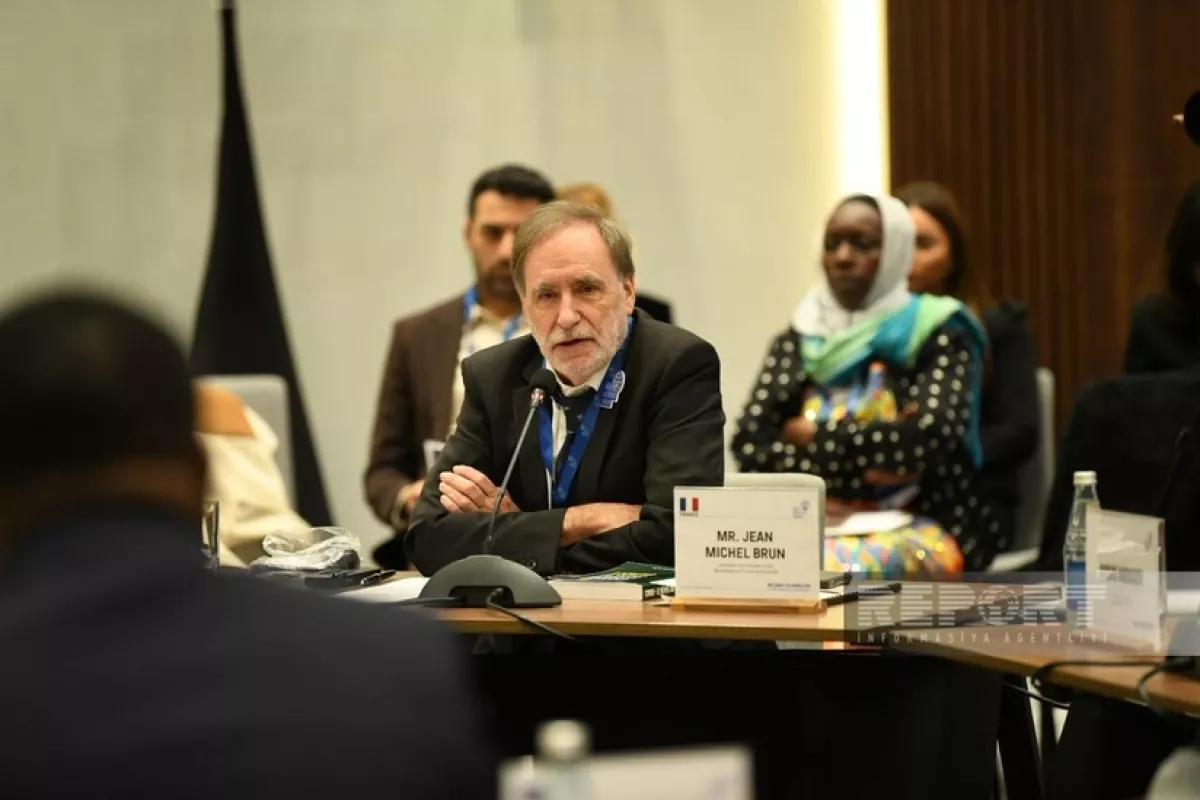Baku conference demands reparations for victims of Belgian colonial rule in Africa
The facts of Belgian colonialism, particularly the atrocities committed in Central Africa, cannot be erased from history, Executive Director of the Baku Initiative Group (BIG) Abbas Abbasov said at the international conference “Belgian Colonialism: Acknowledgement and Responsibility” held in Baku.
Abbasov emphasised that the crimes committed by Belgium, including gross violations of human rights and the immense suffering inflicted on the local population, are well known to the international community.
“No one will be able to erase these facts from history. We are convinced that through joint efforts and with the support of the Office of the UN High Commissioner for Refugees, we will be able to put the issues of cooperation and reparations on the agenda of international organisations,” Abbasov said.
He also noted that certain supporters of Belgium’s colonial policies are attempting to divert the attention of the global community from the topics of reparations and accountability.
“I don’t know how one can characterise those who justify colonial policy. But we believe that we will be able to bring the issue of reparations to all relevant intergovernmental structures,” Abbasov stressed.

Jean-Michel Brun, founder and editor-in-chief of the French news portal Musulmans en France, speaking at the same conference, said that the revival of the Democratic Republic of Congo would mark the beginning of a new era for the entire African continent.
According to him, the DR Congo is a key country in Africa because of its strategic location and abundant natural resources—factors that made it a target of colonial domination.
“The revitalisation of DR Congo will see the whole of Africa enter a new era. Where colonisation has taken life away from Congolese hungry for change, a new generation is preparing to shine the light. The awakening of the Congo will be the awakening of the whole earth,” Brun emphasised.
The international conference “Belgian Colonialism: Acknowledgement and Responsibility” opened in Baku on October 31.
Organised by the Baku Initiative Group (BIG), the event brings together representatives from Belgium’s former colonies—the Democratic Republic of the Congo, Rwanda, and Burundi—along with diplomats and officials. Experts in international law, historians, researchers, civil society activists, and specialists on reparations from eight countries are participating.
Discussions at the conference focus on the crimes committed during Belgium’s colonial rule in Africa, including policies of ethnic division, mass killings, and the looting of cultural heritage.
Participants are also examining the enduring consequences of colonialism on these nations, Belgium’s ongoing neocolonial practices, the continued exploitation of natural resources in former colonies, and the importance of placing the issues of compensation and responsibility on the international agenda.
By Tamilla Hasanova








